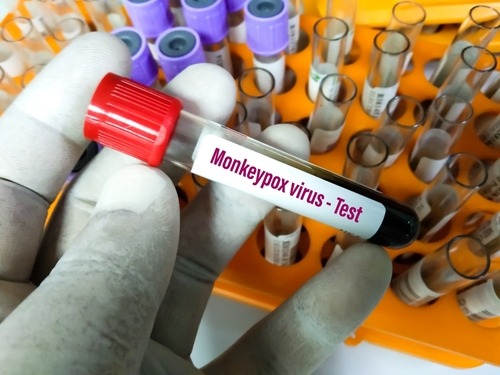
Following a World Health Organization (WHO) global research consultation, more than 500 experts emphasized that expedited studies, strengthened collaboration from researchers in endemic countries, public health responses, and new clinical studies are needed to address monkeypox.
Monkeypox has risen in public focus recently due to a surge of outbreaks worldwide. In the United States, the Centers for Disease Control and Prevention (CDC) noted that as of June 3, 2022, cases had hit 25 total, despite being endemic to central and western Africa. This recent outbreak began with the emergence of several cases in the U.K., followed by Spain, Portugal, and beyond. The United States, along with many others now affected, does not traditionally report monkeypox cases.
As of now, the CDC is still uncertain how people were exposed to monkeypox in these cases.
The WHO R&D Blueprint gathered more than 2,000 participants to address the issue over two days last week, wherein they reviewed the epidemiology of the virus behind monkeypox, its methods of transmission, clinical characteristics, One Health research, community engagement, and countermeasures to halt it. In the last case, the group agreed that countermeasures should be focused on areas where the need was greatest.
Experts involved in the consultation stressed the need for increased understanding of the disease, though, its clinical consequences, and how it spreads. These results need to be quickly communicated and made transparent, they added, and the development and evaluation of better diagnostic tools for use worldwide. Getting vaccines and therapeutics further down the development pipeline and their efficacy and use better understood are also fundamental desires for this and future outbreaks.
The goal of the participants was to keep this disease from becoming a large-scale crisis like COVID-19. They also emphasized the importance of improving control of monkeypox in endemic countries and instituting public health activities – such as education on prevention, increasing surveillance and contact tracing, isolating cases, and optimizing care of the infected – to halt the disease’s spread, regardless of the specific nation in question.




